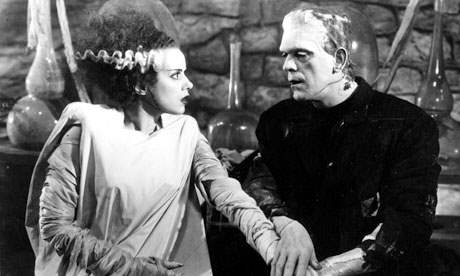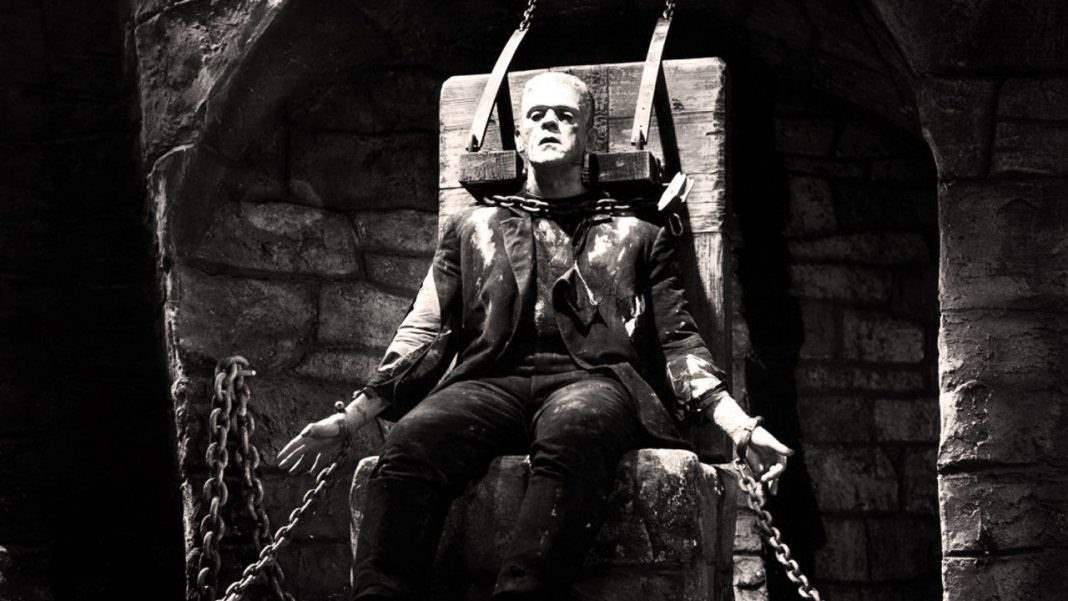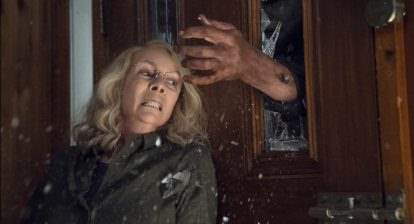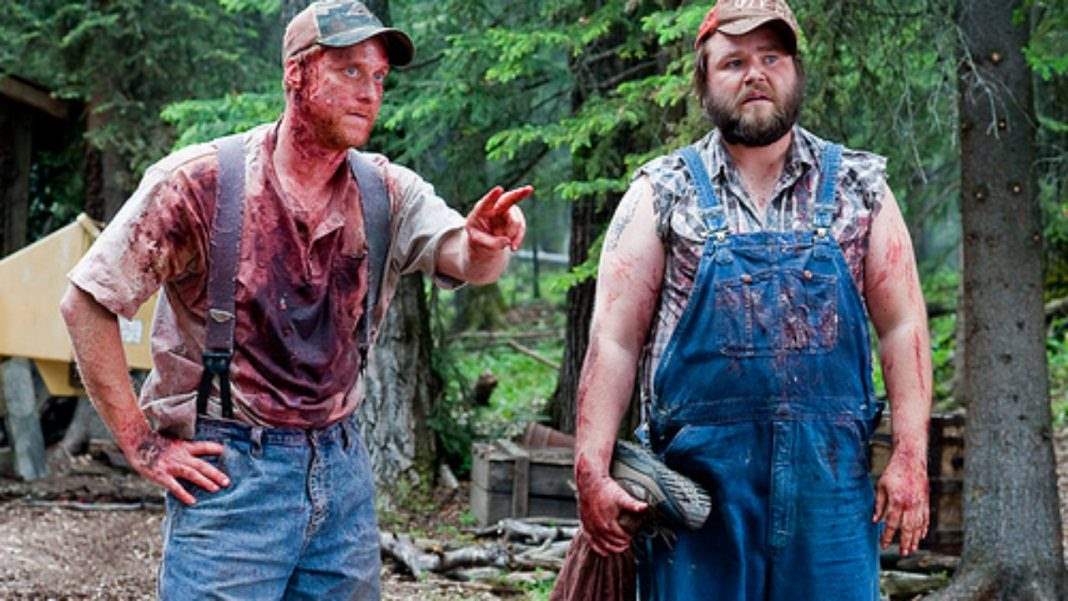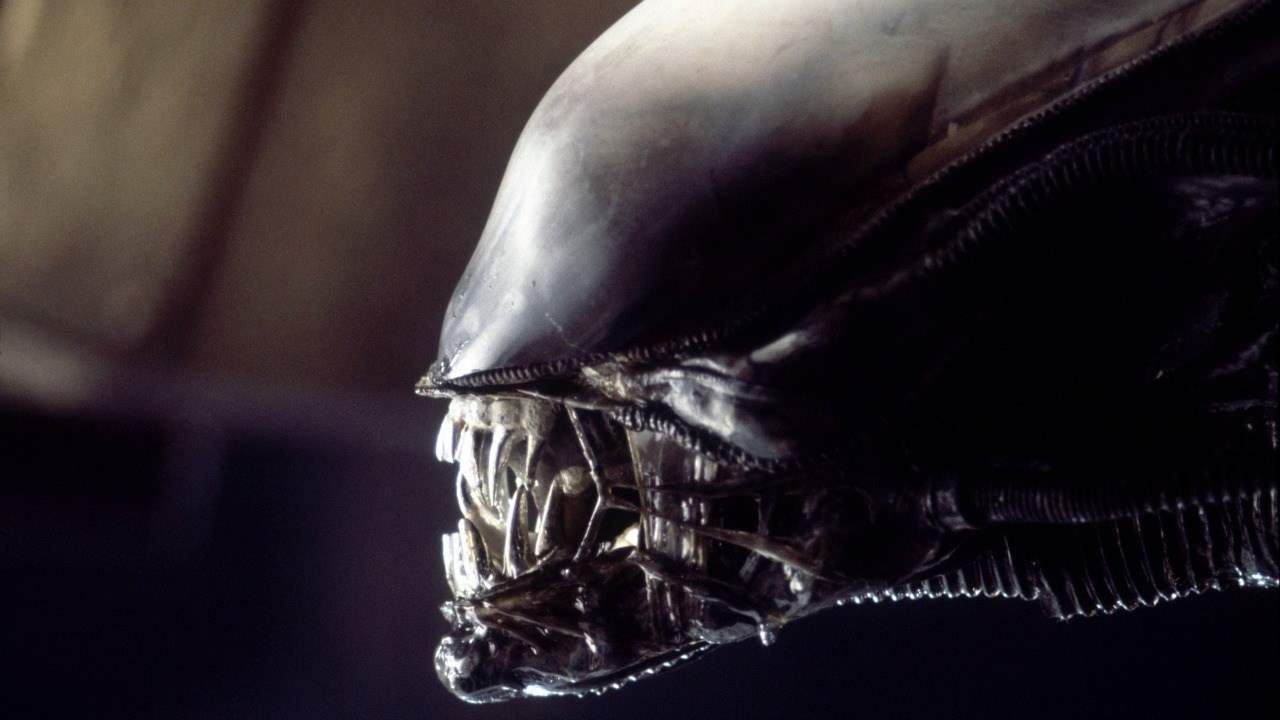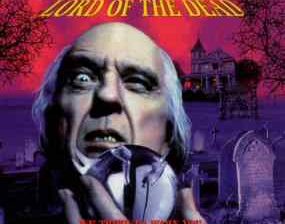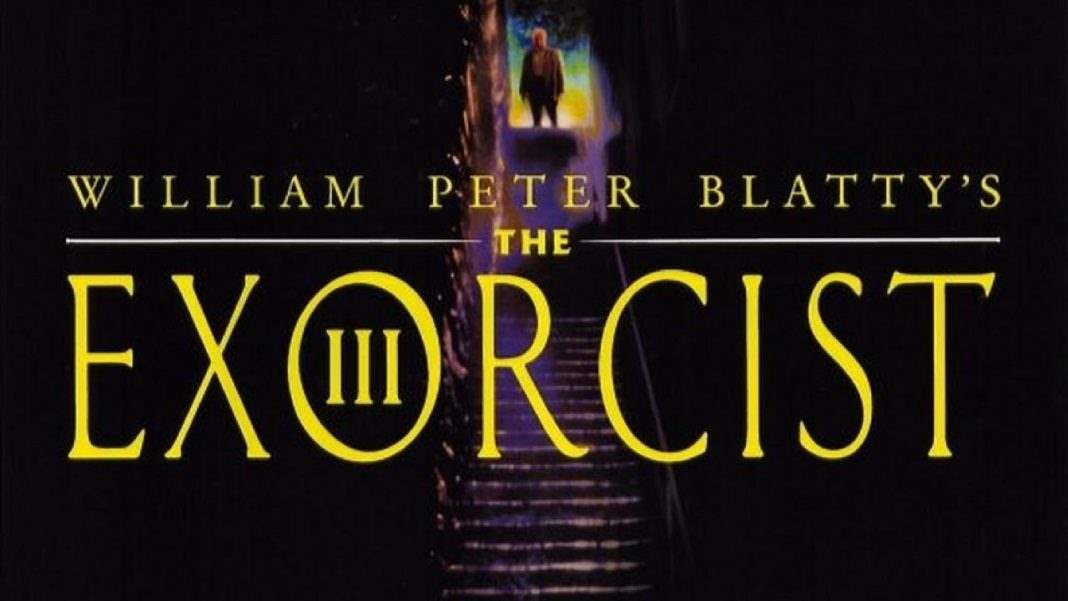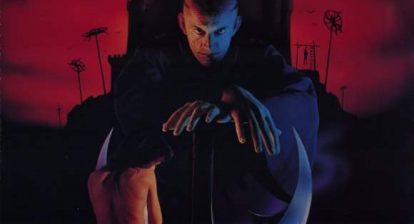Everyone has their favorite horror sequel. And, of course, everyone has their least favorite as well. Following up a classic can be incredibly difficult to pull off. The first problem is justifying why the movie even needs a sequel to begin with. Many never get past this stage. Just because people are left wanting more doesn’t mean they actually need more. Still, there are great sequels to horror films out there. There are ways to make it work. Each different direction is valuable in its own way. There’s the sequel that picks up the moment the original ended, so that it feels like a true continuation. There are also the sequels that go to darker places and themes than the original, those that expand on and enrich the mythology, and others still that have more fun satirizing the style and structure of the first. Here’s the kicker: The Bride of Frankenstein is every single one of those things in a single movie.
It’s not surprising when you think about it. The Bride of Frankenstein is the first true horror movie sequel. It makes sense that it would be the film from which all further sequels would spring. But that makes it no less amazing to look at it and really see that each one of those templates is in there. Every kind of sequel exists in this film.
First, you have the obvious. Aside from a charming opening with Elsa Lanchester as Mary Shelley, ready to pick up her tale once more, starting right from the ending of the first to show how the monster and the man survived the windmill fire and continuing the story from there. Several horror sequels have used this method, the most famous—and successful—of them being Halloween II.
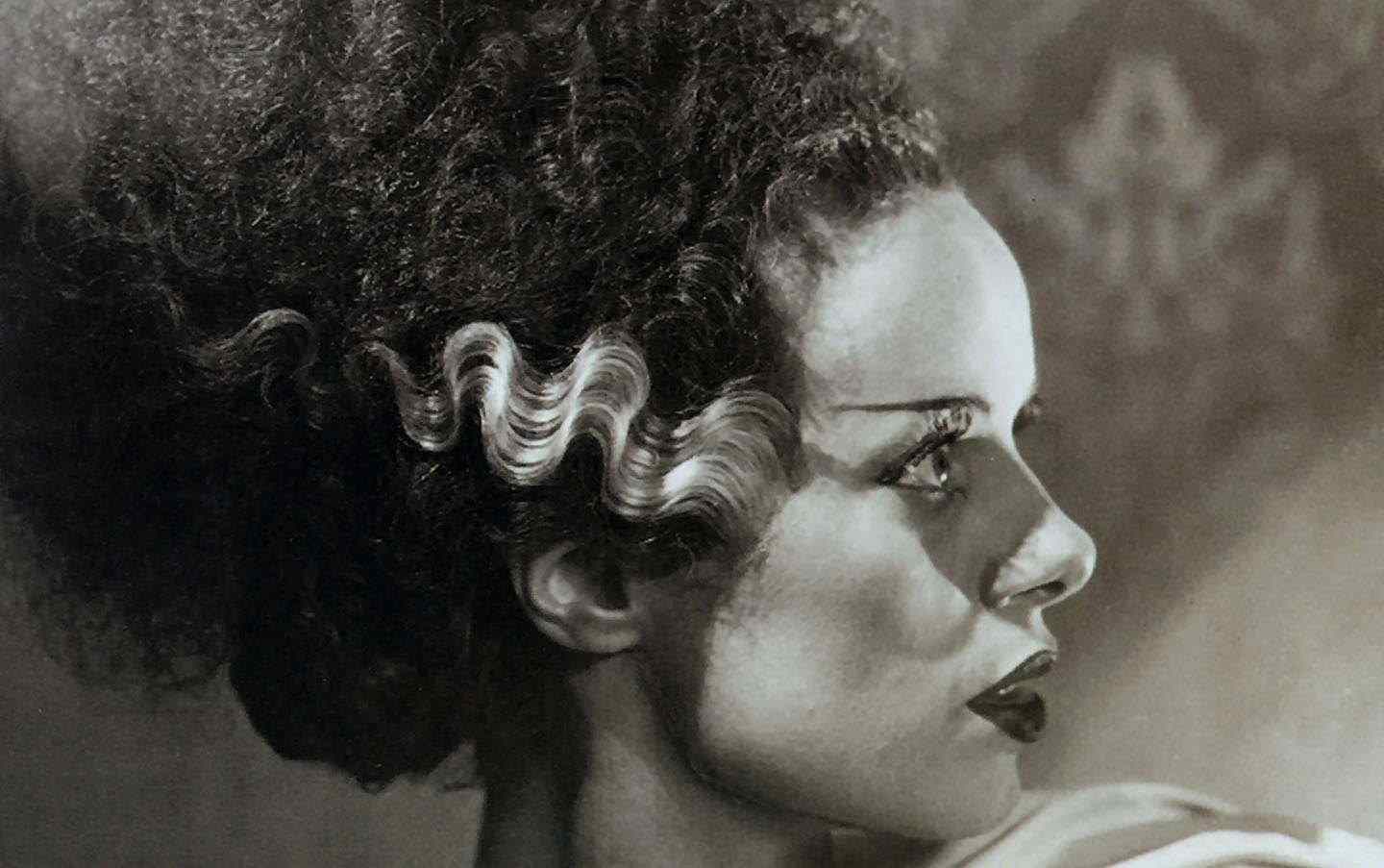 Director James Whale thought the very idea of a sequel to his Frankenstein was absurd. And so he also approached the film with tongue planted firmly in cheek. He thought a second outing was the last thing the monster needed and even though it brought in more scenes from the book and treated the creature more like an actual character, Bride of Frankenstein takes every opportunity to poke sly fun at the heightened emotion and melodrama of the original. Joe Dante cited this as a major inspiration when crafting Gremlins 2: The New Batch, which a completely loving sendup of the first. Bride of Frankenstein achieves that perfect, almost impossible balance of being both funnier and scarier than the original at the same time. Evil Dead II also used this template with incredible success.
Director James Whale thought the very idea of a sequel to his Frankenstein was absurd. And so he also approached the film with tongue planted firmly in cheek. He thought a second outing was the last thing the monster needed and even though it brought in more scenes from the book and treated the creature more like an actual character, Bride of Frankenstein takes every opportunity to poke sly fun at the heightened emotion and melodrama of the original. Joe Dante cited this as a major inspiration when crafting Gremlins 2: The New Batch, which a completely loving sendup of the first. Bride of Frankenstein achieves that perfect, almost impossible balance of being both funnier and scarier than the original at the same time. Evil Dead II also used this template with incredible success.
Yet Bride of Frankenstein treats the original mythology with respect and even goes much deeper into it. The Monster learns to speak here, to express himself. We go much deeper into his character. Colin Clive’s Henry Frankenstein must also face his own obsessions, vowing to never play God again but being easily swayed into this new venture. Doctor Pretorius expands his outlook on the work he has done by showcasing his own bizarre experiments. It is altogether a bigger film than the first. Perhaps no other later horror sequel did this better than Hellbound: Hellraiser II, which showed audiences that everything they saw in the first was only a glimpse of something much, much bigger.
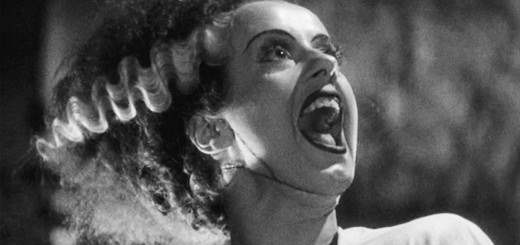 Bride of Frankenstein manages to form its own narrative, one that is simultaneously funnier and so much sadder than the first, while essentially being every kind of horror sequel at once. It does it so well that it’s gone on to be widely recognized as one of the best sequels of all time, in any genre. It definitely deserves that title. Whether or not James Whale even wanted to make the movie, he did, and he made it better than Frankenstein which had already become a modern classic by 1935.
Bride of Frankenstein manages to form its own narrative, one that is simultaneously funnier and so much sadder than the first, while essentially being every kind of horror sequel at once. It does it so well that it’s gone on to be widely recognized as one of the best sequels of all time, in any genre. It definitely deserves that title. Whether or not James Whale even wanted to make the movie, he did, and he made it better than Frankenstein which had already become a modern classic by 1935.
It’s precisely because Bride of Frankenstein works so well that every filmmaker goes back to it when it comes time to make a follow-up, whether they know it or not. 